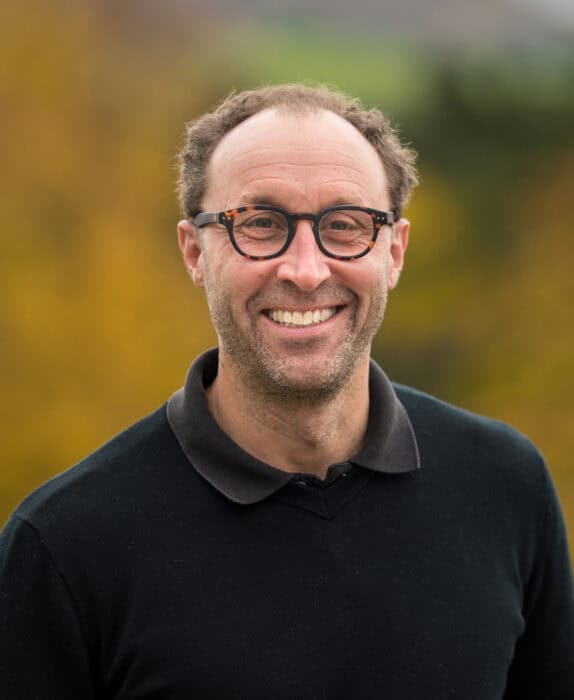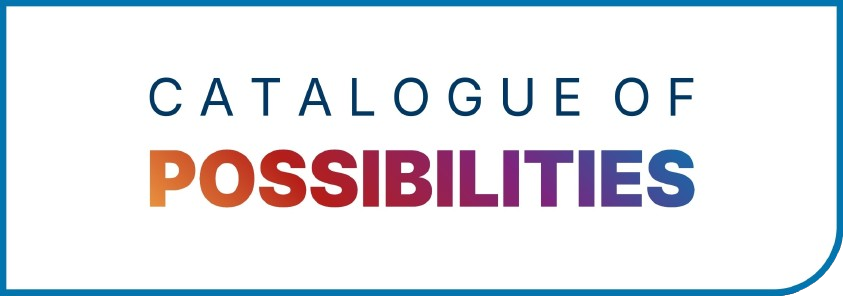Professor Daniele Faccio

Professor in Quantum Technologies
Mission Priority Areas
My research passion lies at the interface between various disciplines – engineering, physics, life sciences – and focuses on answering fundamental questions that are related to future applications that could have an impact on human lives. One specific example is currently driving much of our research: can we develop a wearable technology that match fMRI technology in terms of brain reading capability? And can such a device allow us to answer fundamental questions around the nature of consciousness (can we measure consciousness?) and will the implications of this be for assessing and improving brain health?
The research team is currently made of more than 30 researchers with a 50/50 balance between PhD and postdoc researchers and 3 academics. We study fundamental quantum phenomena, computational and quantum imaging, and human augmentation through neurotechnologies.
We currently have strong interdisciplinary collaborations and these are typically ran within the context of PhD projects. The most exciting PhD projects to date have been those that have a supervisor from the collaboration (and different discipline team). The student is given the opportunity to drive the direction of the research, participates to group meetings across both teams and is closely mentored over the years to ensure that by the ned of their PhD, they are comfortable in leading a research programme and in reporting to a diverse team of scientists.
My first PhD student is now a priest for the Catholic Church or as he puts it, he “works for God”. Other previous PhD students are currently either accomplished academics (4), postdocs entrepreneurs (2 CEOs of startup companies) or hold leading positions in various finance or tech/deep-tech companies).
I am fully committed to supporting and fostering diversity as demonstrated by the diversity in the research team with 15% female (in line with average PhD % but we aim to do better), 30% non-white ethnicity and 77% non-UK origins. This makes for a work environment that is supportive and culturally very diverse and that all previous members of the team say that they greatly miss when leaving.
I very strongly believe in the ethos of this CDT and its approach to creating a diverse environment, whereby the excellence and X-disciplinarily in the research will be driven by the diversity of the cohort.
I also strongly believe in giving students the freedom to explore and lead their project, whilst at the same time providing them with all the support that they need to success. Sometimes this support needs to be explicit e.g. in the form of advice and clear guidance on how to proceed. Other times, it needs to be of the kind that they cannot directly see, e.g. ensuring that collaborators are comfortable that the student is working with a PI they trust without undermining the student’s confidence to go out there and take risks. Every team member is empowered with the continuous reassurance that responsibility for success is theirs to take but responsibility for any failures and mistakes that always occur, will be mine. I have found, despite initial uncertainty/skepticism, that the team members do embrace this approach and do better for it.

